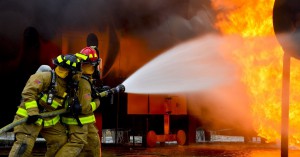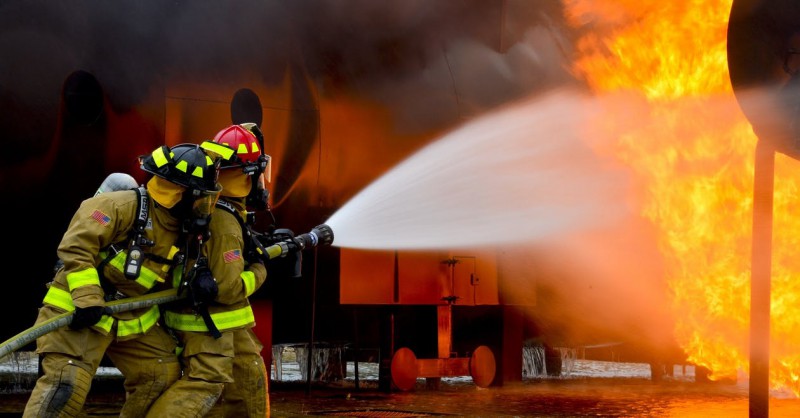
Early detection and notification prevents tragedy
Lack of alarms leads to property loss, death
I’ve been in the life-safety and security industry for around 10 years, having started as a journalist covering the central station beat at leading industry news outlet Security Systems News. During my tenure there, I wrote all kinds of stuff about security monitoring specifically and about the industry in general. It has always been true that early detection and warning of a fire or other life-safety event means saved lives.
After my time at SSN, I moved into outside sales for international monitoring outfit Rapid Response Monitoring, where I sold monitoring services, including fire alarm and burglar alarm monitoring to systems integrators like Norris. I encountered many instances where early detection and warning saved lives.
News out of Greater Boston recently confirmed the truth.
The Boston Globe reported one lucky youngster home sick for the day was saved when the smoke alarms in his building detected a blaze and gave him time to escape unharmed.
Other recent reports don’t end on such a positive note.
New Zealand’s online news source Stuff recently reported that thankfully all hands were accounted for despite a disastrous fire at sea for the PeeJay V. However, the incident ended in a total loss of property. Officials in that report claim the loss could have been prevented if the boat had a fire alarm system and working suppression system.
“The Commission found that the absence of a fire detection and automatic alarm system on the PeeJay V meant the crew had limited warning time and opportunity to respond to the fire and prepare the life-saving apparatus.”
The Atlanta Journal-Constitution offers counterpoint to the lucky boy from the Boston Globe who who is alive due to working smoke alarms. The Journal-Constitution reports a Henry County, Georgia man was found dead in a burning home by first responders.
“Working smoke alarms can give you the extra seconds needed to get out safely,” Henry County Fire spokesman Capt. Michael Black said in the story.
A recent post on our site discusses a tragic fire in our nation’s history. The Cocoanut Grove fire in Boston killed nearly 500 people, but was a seminal event that lead to the creation of the NFPA.
If you’d like to learn more about life-safety codes and fire safety, please visit the NFPA or drop us a line and one of our life-safety experts would be happy to speak with you.
And please, if you don’t have smoke alarms or other early detection devices in your home or building, please consider adding them for the safety of everyone.



[…] Home/News/`Owl be back!’ Previous […]
[…] has previously reported on the importance of early notification. Early notification can help mitigate loss to property and […]